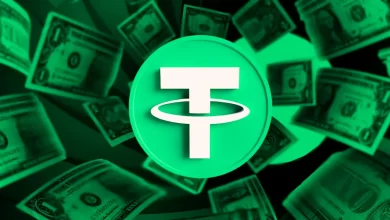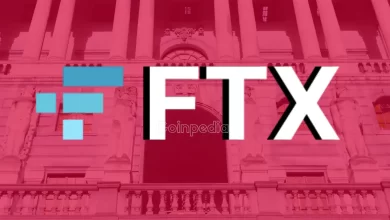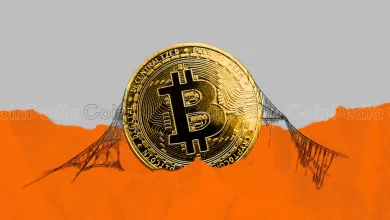
The U.S. Treasury lifted sanctions on Tornado Cash, a crypto mixer previously blacklisted for laundering funds for cybercriminals.
Coinbase's CLO criticizes the Treasury for continuing legal actions despite delisting, arguing they're avoiding a final court decision.
The legal battle highlights ongoing debate regarding crypto mixer regulation and the Treasury's authority.
On Friday, the U.S. Treasury unexpectedly lifted sanctions on Tornado Cash, a crypto mixer accused of helping cybercriminals launder over $7 billion – including $455 million linked to North Korea’s infamous Lazarus hacking group. The move reverses its 2022 blacklisting, but it hasn’t put the issue to rest.
Instead, it’s reignited a fierce debate about crypto privacy, government overreach, and whether regulators are trying to avoid a legal showdown.
So, what’s really going on? And why are major players like coinbase


Coinbase Legal Chief Slams Treasury’s Move
Paul Grewal, Coinbase’s Chief Legal Officer, has publicly criticized the Treasury’s handling of Tornado Cash’s delisting. In a recent post on X, he accused the agency of trying to avoid a final court ruling by lifting sanctions while still pursuing legal action.
Grewal argued that the Treasury’s claim – that a court decision is now unnecessary – goes against legal procedures. He pointed out that in past cases, sanctions were only lifted when there was proof that similar violations wouldn’t happen again. However, no such assurance has been given for Tornado Cash.
Could the Treasury Reimpose Sanctions?
Grewal warned that removing Tornado Cash from the Specially Designated Nationals (SDN) list without ruling out future sanctions creates uncertainty. He stated,
“Here, Treasury has likewise removed the Tornado Cash entities from the SDN, but has provided no assurance that it will not re-list Tornado Cash again. That’s not good enough, and will make this clear to the district court,” noted Grewal.
This controversy comes amid an ongoing legal battle where Tornado Cash users challenged the Treasury’s decision to blacklist the platform. They argued that its smart contract isn’t considered property under the International Emergency Economic Powers Act (IEEPA) since it cannot be controlled or changed. The court sided with the users, confirming the smart contract’s unique legal status.
Despite this ruling, Grewal accused the Treasury of not fully following the court’s decision.
Crypto Community Backs Tornado Cash
Many in the crypto space, including Coinbase and the Ethereum Foundation, have supported Tornado Cash and its lead developer, Alexey Pertsev. They argue that the Treasury’s actions were unfair and lacked clear legal grounds.
While lifting sanctions on Tornado Cash is a major shift, the Treasury remains concerned about how crypto mixers are used for money laundering and cybercrime, especially by North Korea. The case highlights the ongoing debate over how to regulate crypto privacy while ensuring national security.
Never Miss a Beat in the Crypto World!
Stay ahead with breaking news, expert analysis, and real-time updates on the latest trends in Bitcoin, altcoins, DeFi, NFTs, and more.
Tornado Cash may be off the blacklist, but the legal storm around it is far from over. The real question is – who gets the final say, the courts or the regulators?







